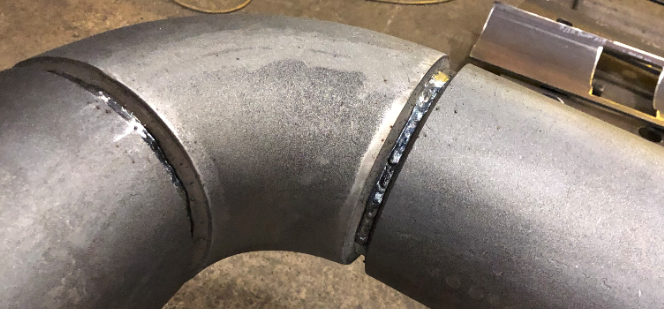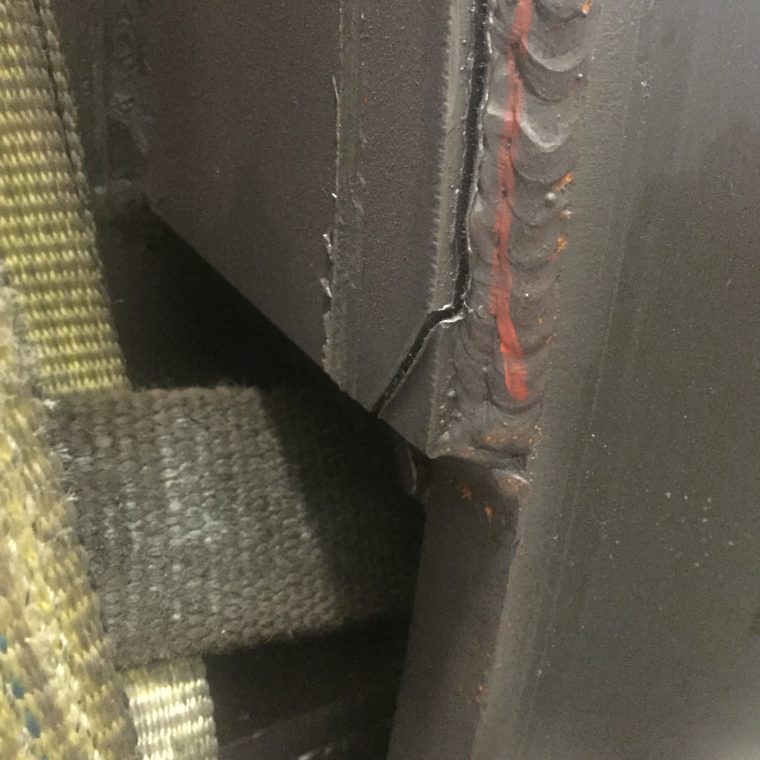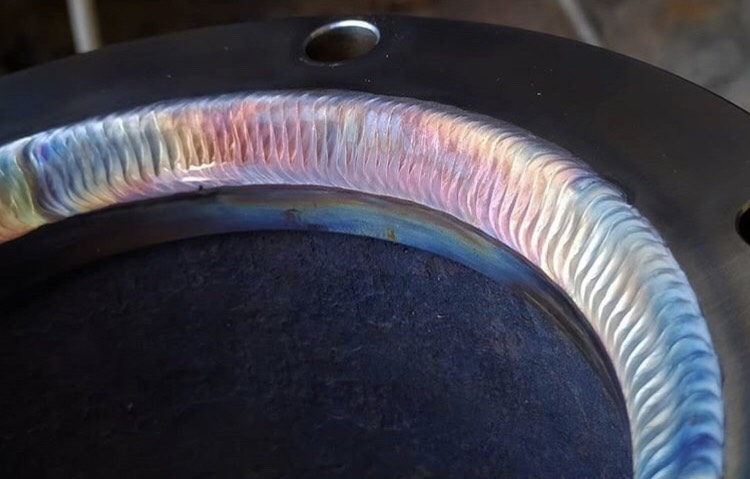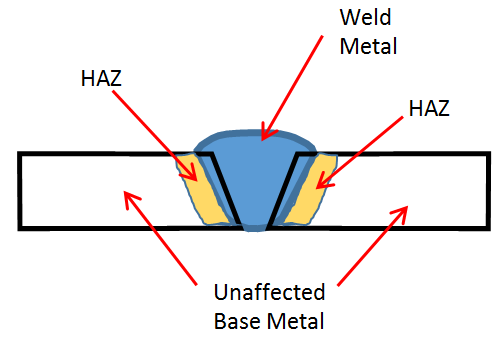Dangers of not Maintaining Proper Interpass Temperature

Interpass temperature is the temperature of the base metal in and adjacent to the weld joint prior to depositing and additional pass (weld). Maintaining and measuring interpass temperature should be done carefully. Different materials require different levels of preheat and interpass temperature. For this reason it is extremely important that both prehat and interpass temperature be specified […]




